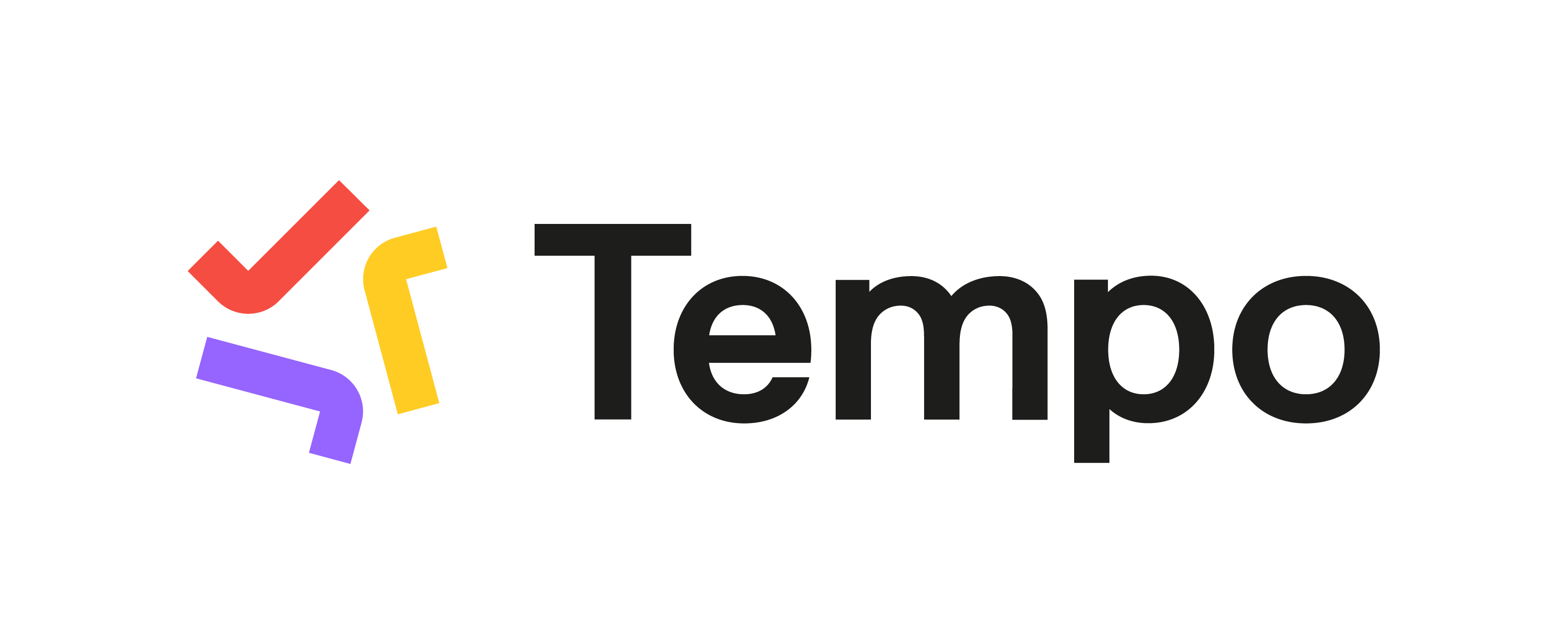Check for a specific fix version
fixVersions.CONTAINS("v1")
If the work item contains that fixVersion, returns 1 (true). Otherwise, returns 0 (false).
Get the latest/earliest fix version
fixVersions.UMAX_BY($.releaseDate) // latest
fixVersions.UMIN_BY($.releaseDate) // earliest
Find the largest time span of an affected version
affectedVersions.MAP(IF $.releaseDate AND $.startDate: $.releaseDate - $.startDate).MAX()
For each Affected Version, subtracts the Start Date from the Release Date, and returns the Affected Version with the largest result.
Want the shortest result? Change MAX to MIN.
Show all versions referenced in the subtree
VALUES { ARRAY(fixVersions, affectedVersions).FLATTEN().UNIQUE() }
Get all fix versions with future release dates
fixVersions.FILTER($.releaseDate AND $.releaseDate > NOW())
Show all released affected versions
affectedVersions.FILTER($.isreleased)
Show all work items released during a set period of time
DATE(“0/Jan/2021”) < fixVersion.releaseDate
AND fixVersion.releaseDate < DATE (“31/Mar/2021”)
Check that child work items and parent work items have the same Fixversion
with parentVersion = PARENT{FixVersion}:
if(parentVersion and !parentVersion.contains(fixVersion); "version mismatch")
Display all sprints for child items
Returns any sprints that the work item’s child items are part of.
JOIN#distinct#subtree{sprint}
